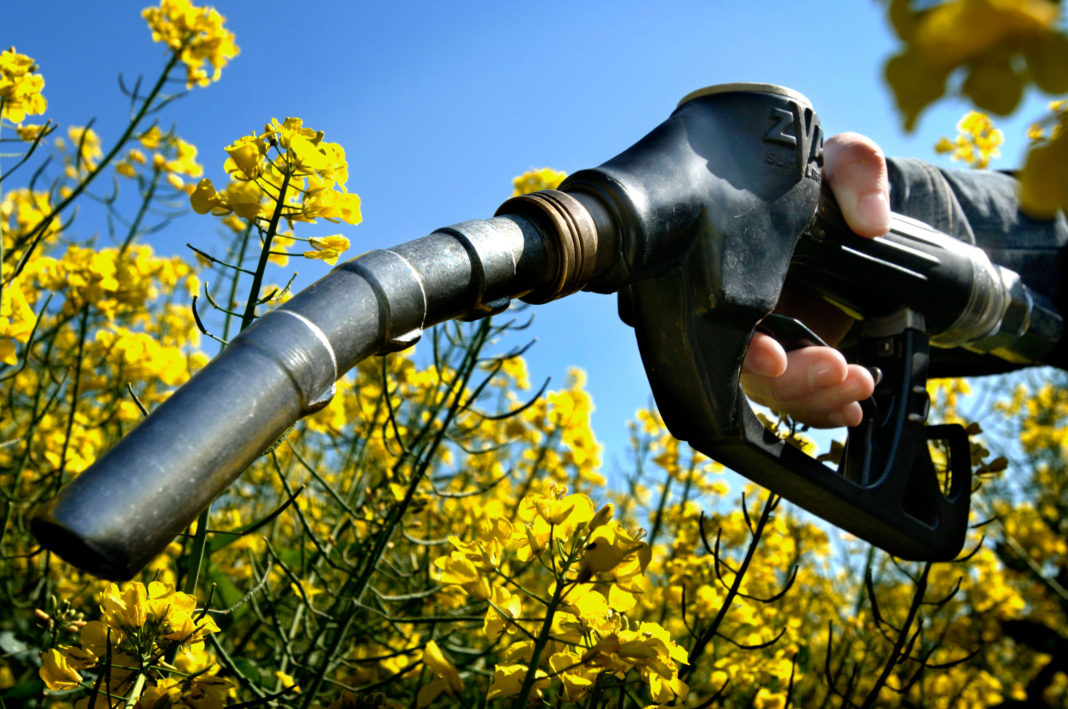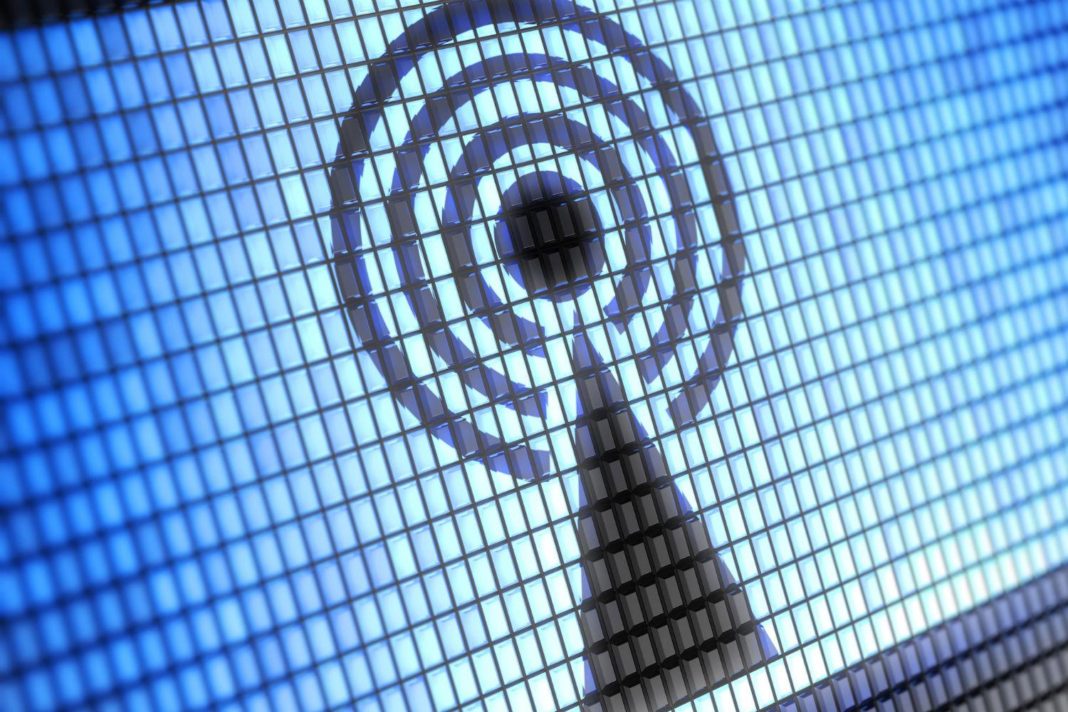Biofuels have shown their true colors with thanks to Professor John DeCicco of the University of Michigan in a study published in the journal Climatic Change. He puts an end to the ongoing debate featured around biofuels and whether or not they are a reliable source of green energy. Although biofuels have previously been labeled as a carbon-free form of energy, this is not the case at all. The production of these biofuels releases more CO2 into the air than there was, to begin with, meaning they are harming the environment rather than doing it any good.
Following the results of the study, governments have now been called upon to consider adjusting their carbon policies. Biofuels currently make up around 3 percent of the total global energy consumption and their use increased in the U.S from 2005-2013 from 4.2 billion gallons a year to 14.6 billion dollars a year.
–
In the U.K., the Renewable Transport Fuel Obligation stipulates that at least 4.75 percent of any suppliers’ fuel must come from some form of renewable energy (normally this is through ethanol derived from crops). However, with the EU renewable targets to meet, the UK will have to better than that. Their targets are to generate at least 15 percent of its total energy from renewable energies by 2020. One of the ways they will be looking to hit these goals is the introduction of a new kind of petrol called E10 which consists of a higher level of biofuels mixed in than current fuels.
More News To Read











